Zen Master Thich Nhat Hanh wrote a love letter to planet Earth. It is in the form of a book that is based on dharma talks he has given in Plum Village and other places. This book is an appeal to political and business leaders for ecological mindfulness and strengthening of our relationship to Mother Earth.
His insight, that we are both the environment and planet Earth and not separate from either one, is a key issue that has been overlooked by most people in power. If you look at the Earth from space, you cannot distinguish people from plants and animals. Depending on how far away you are, you might be able to see the forests, deserts, ice caps, and oceans, but get far enough away and it will just look like one of the exoplanets that are being discovered almost daily.
All the experts are still talking about the enormous effort it takes to address issues like destruction of the ecosystems and loss of many species. They are still considering themselves as separate from the environment and in that separateness, they have lost sight of the truth of our existence as planet Earth.
Dear Mother, wherever there is soil, water, rock or air, you are there, nourishing me and giving me life. You are present in every cell of my body… You are more than just my environment. You are nothing less than myself…I promise to be aware that your health and well-being is my own health and well-being. I know I need to keep this awareness alive in me for us both to be peaceful, happy, healthy, and strong.
—Thich Nhat Hanh, Love Letter to the Earth
Thay, as he is known to his followers, often speaks about being the Earth, not merely living on plant Earth. He recognizes the possibility of total loss of the ability of life to survive here, but he does not mourn this fact. He only asks us to be mindful of what we consume and do something to spare the natural resources of Earth.
Thay’s solution is that we recognize and respond to the stress we are putting on the Earth if civilization is to survive and shows that mindfulness and a spiritual revolution are needed to protect nature and limit climate change.
Love Letter to the Earth is a hopeful book that gives us a path to follow by showing that change is possible only with the recognition that people and the planet are ultimately one and the same.
What do you think are the most constructive steps we can take to insure that life will continue to exist on planet Earth after 2050?
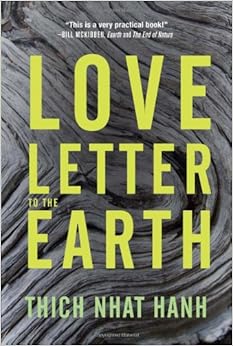
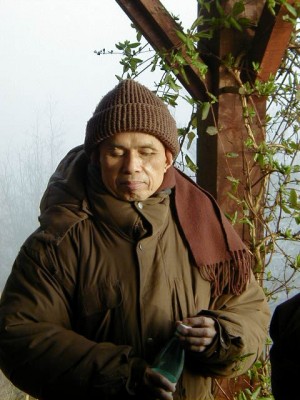


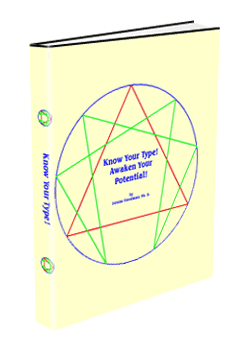

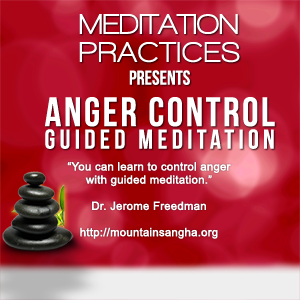




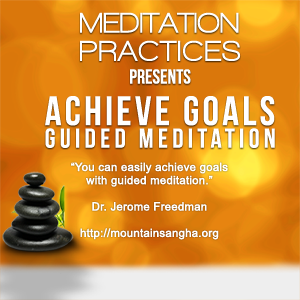
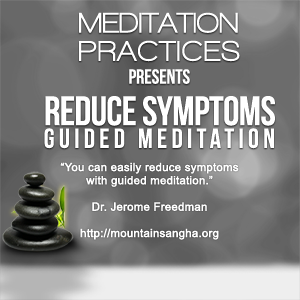
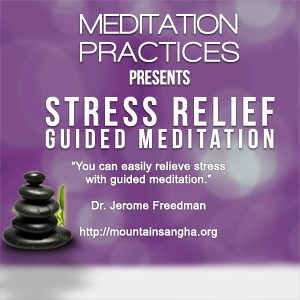
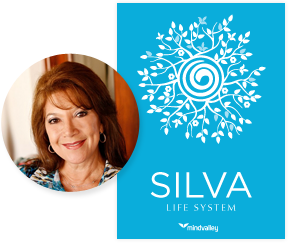
You must be logged in to post a comment.